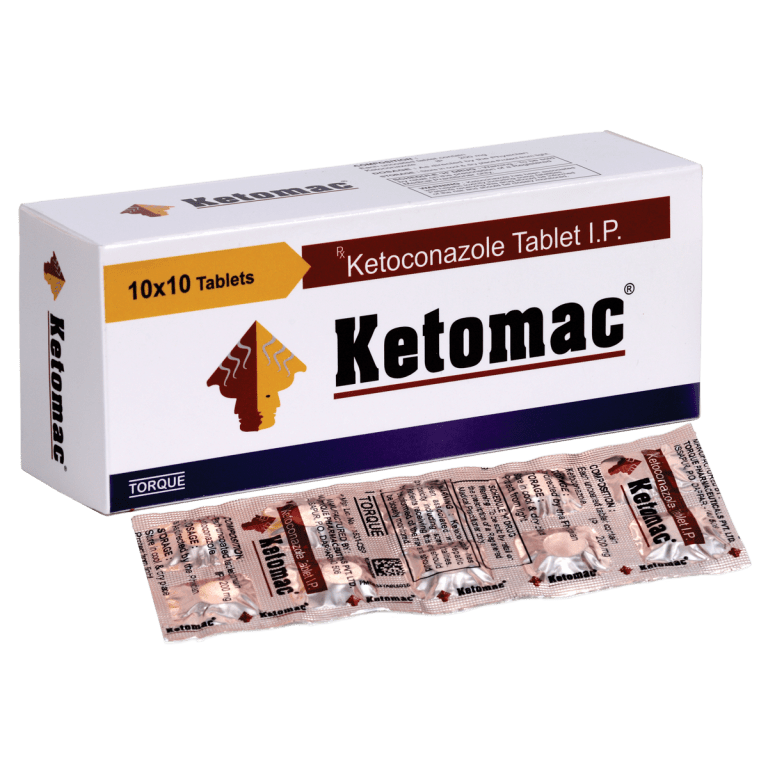
Tablets containing antifungal medications are used to treat fungus infections. Itching, redness, swelling, and discharge are just some of the symptoms that may accompany a fungal infection. Some fungal infections respond well to external therapies like creams and ointments, while others, especially if they have spread throughout the body, may need oral antifungal medication. The advantages of antifungal antibacterial tablets will be discussed below.
Antifungal pills are an effective treatment for a broad variety of fungal infections. They get rid of or slow down the infection-causing fungus, respectively. Because of this, they are a viable alternative for treating serious infections that have not responded to topical therapies.
Antifungal pills might provide fast relief from symptoms: Antifungal medications may begin working within a few hours, although topical therapies may take many days or weeks to be effective. When dealing with severe symptoms or wanting to go back to normal as soon as possible, this may be invaluable.
Helps Prevent Reinfection: Antifungal pills may help keep fungal infections from returning. Antifungal pills work by eradicating the offending fungus, therefore preventing a recurrence of the condition. Those who have a compromised immune system or are prone to frequent illnesses may benefit greatly from this.
Convenience of consumption
Tablet-form antifungals are convenient since they may be taken orally. This makes them an appealing choice for those who have difficulty or don’t want to utilize topical treatments like lotions and ointments.
Antifungal pills have a wide range of applications, from treating skin and nail fungal infections to treating systemic fungal diseases. As a result, they are a useful alternative for treating a wide variety of fungal diseases.
Antifungal pills are an essential therapy choice for those who need continuing treatment for persistent fungal infections since they are typically safe for long-term usage. However, be sure to mention any adverse reactions or changes in your symptoms to your doctor.
Antifungal pills have few adverse effects and are typically well-tolerated. However, some individuals may have unwanted side effects, as is the case with any drug. Nausea, vomiting, and diarrhea are common negative reactions to antifungal pills. Liver damage and allergy reactions are the most serious adverse effects that might occur.
Individualized Care: Antifungal medications may be adjusted to suit the requirements of each patient. Before deciding on a course of treatment and dose, your doctor will evaluate your age, health background, and the kind and extent of your fungal infection.
Quality of Life Enhanced: Fungal infections are notorious for making people feel unwell and ashamed. When the fungus causing your illness is eliminated, your symptoms and overall quality of life will improve.
Antifungal best tablet is a reasonable alternative for many individuals since they are inexpensive. They are often covered by medical insurance, which helps keep costs down even more.
Conclusion
Antifungal pills are an efficient and hassle-free method of treating fungal infections. They are fast acting, prevent recurrence, and have a low risk of side effects. If you suspect you have a fungal infection, see your doctor to learn about the treatment options available to you. Antifungal pills can help you get your life back on track and enhance your quality of life.

